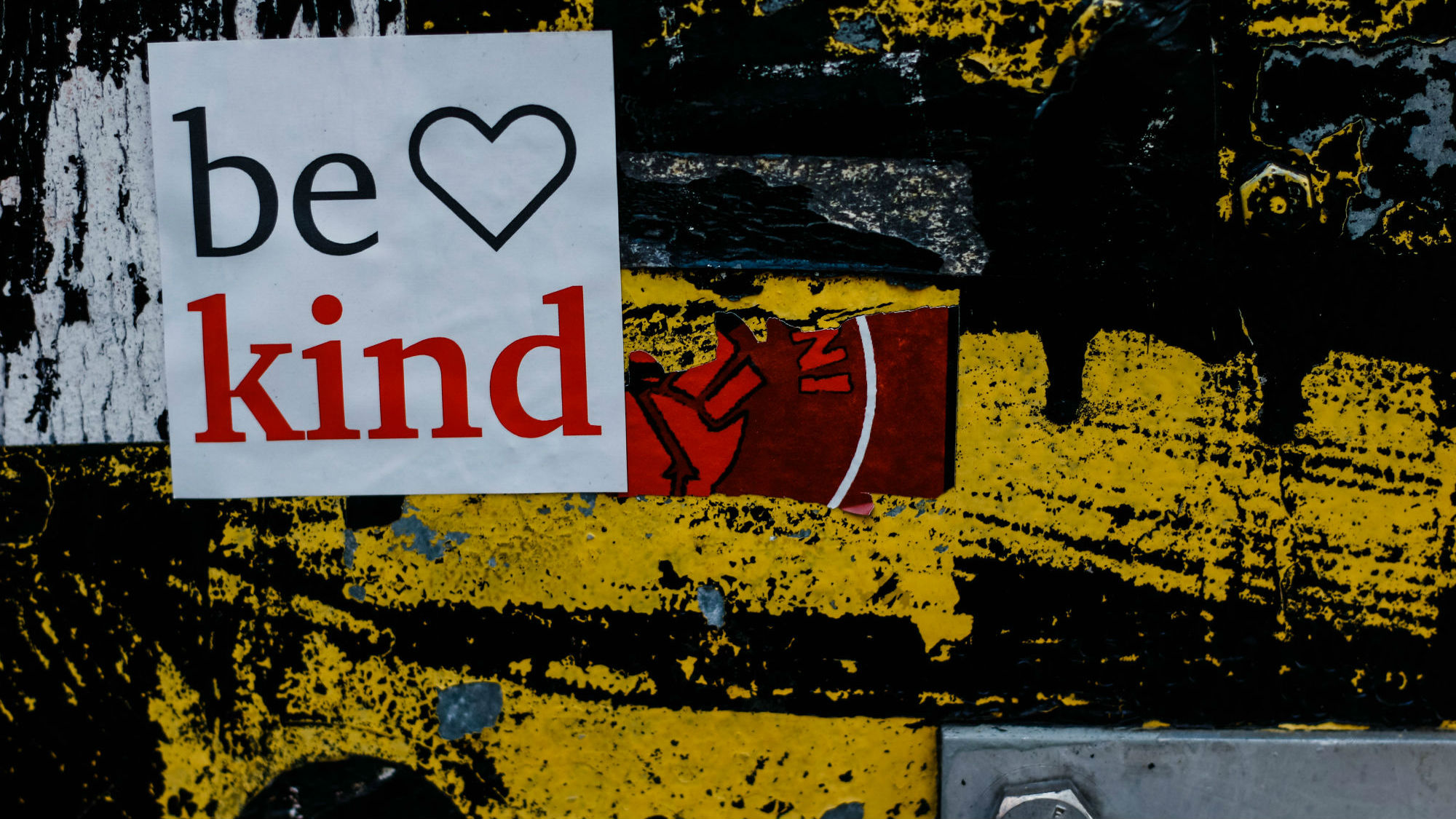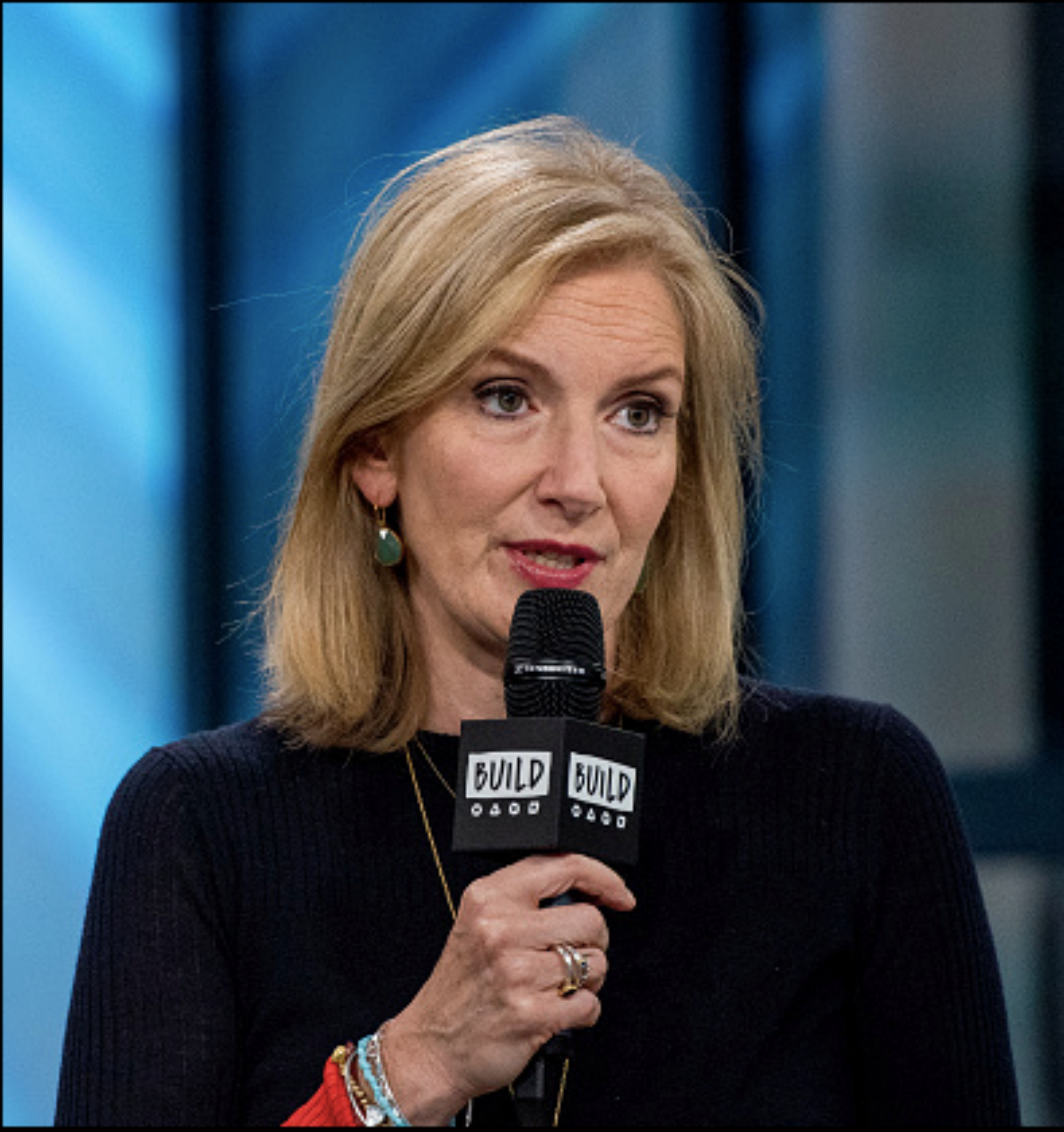Why it's time for compassion in politics
Barrister and Co-Director of Compassion in Politics, Jennifer Nadel, on why we need to cut out the nastiness ASAP…


Barrister and Co-Director of Compassion in Politics, Jennifer Nadel, on why we need to cut out the nastiness ASAP…
Never has there been a greater need for compassion in politics – we’re in the middle of a terrifying political crisis, and the country is divided over Brexit. We have politicians telling bare-faced lies and female MPs driven out of politics by the hostile, toxic, environment. On top of that, we have an antiquated binary parliament encouraging point scoring, barracking and competitive self-interest. Instead of a parliament designed to create consensus, we have one fuelling division with politicians jeering, shouting and making animal noises at each other. Embarrassing? You bet.
Unsurprisingly, the situation is most brutal if you’re female or a person of colour. We know of MPs and candidates who have been forced to get police protection for their children, and have been advised not to return home by police because of the risk from members of the public. The shopfronts of candidate offices have been covered with abusive graffiti and on social media, female candidates have to contend with rape and death threats. Some even privately admit to being too frightened to vote with their consciences because of threats made to their families. How can democracy function in this environment?
Last month, Compassion in Politics launched its #StopTheNastiness campaign. Because if bullying isn’t allowed in schools and workplaces, why should it be tolerated in politics? We all know what nasty looks like, sounds like and feels like, and it’s time for it to end. That’s why we’ve been asking candidates to pledge to campaign with respect, promote compassion, and call out hate.
The response has been overwhelming. Over 200 people have signed up, including senior figures from all parties. We’ve received messages from candidates telling us how they have talked about the campaign at hustings and through their shared experiences of abuse and commitment to ending it, found common ground. This is significant. In the last few weeks, hundreds of candidates have stepped into the spotlight and the example they set determines both the tenor of debate and the culture of our politics.

But we all have our own part to play, too. If we genuinely want to help heal society’s divisions we have to be willing to listen to those we disagree with, and understand their position. The more we focus on what binds us – our common humanity – the less energy we put into maintaining divisions which are dangerous for society. And similarly, the more we focus on what is wrong, the worse we’ll feel. Like sugar, negativity gives a temporary lift but it’s almost always followed by a crash. Focusing on solutions instead means we’ll feel much more empowered.
It’s my belief that politics is spinning in ever more destructive circles because it has lost its moral compass. We need a new magnetic north - compassion. It’s a principle we all believe in and reminds us of the best moments in our history. The founding of the welfare state; the NHS and the Kindertransport which saved 10,000 Jewish children from the Holocaust. My father was one of the unaccompanied child refugees who was welcomed here with open arms. I literally exist only because of compassion. But if he was trying to enter Britain now he wouldn’t have a chance. Just imagine how different Britain would be if politicians made compassion their overriding priority.
Celebrity news, beauty, fashion advice, and fascinating features, delivered straight to your inbox!
Politicians bemoan the way so many of us have disengaged from politics. But it’s not us who’ve drifted away – it’s them who’ve drifted from us, getting lost in circular debates and point scoring when they should be creating a better world for generations to come. Stats from Compassion in Politics by Opinium show 66% of voters think Britain has becomes less compassionate, so it’s time to act now, and show politicians there are votes in values and that we can change politics for good.
* Make your voice heard here at: compassioninpolitics.com/stopthenastiness
Maria Coole is a contributing editor on Marie Claire.
Hello Marie Claire readers – you have reached your daily destination. I really hope you’re enjoying our reads and I'm very interested to know what you shared, liked and didn’t like (gah, it happens) by emailing me at: maria.coole@freelance.ti-media.com
But if you fancy finding out who you’re venting to then let me tell you I’m the one on the team that remembers the Spice Girls the first time round. I confidently predicted they’d be a one-hit wonder in the pages of Bliss magazine where I was deputy editor through the second half of the 90s. Having soundly killed any career ambitions in music journalism I’ve managed to keep myself in glow-boosting moisturisers and theatre tickets with a centuries-spanning career in journalism.
Yes, predating t’internet, when 'I’ll fax you' was grunted down a phone with a cord attached to it; when Glastonbury was still accessible by casually going under or over a flimsy fence; when gatecrashing a Foo Fighters aftershow party was easy-peasy-lemon-squeezy and tapping Dave Grohl on the shoulder was... oh sorry I like to ramble.
Originally born and bred in that there Welsh seaside town kindly given a new lease of life by Gavin & Stacey, I started out as a junior writer for the Girl Guides and eventually earned enough Brownie points to move on and have a blast as deputy editor of Bliss, New Woman and editor of People newspaper magazine. I was on the launch team of Look in 2007 - where I stuck around as deputy editor and acting editor for almost ten years - shaping a magazine and website at the forefront of body positivity, mental wellbeing and empowering features. More recently, I’ve been Closer executive editor, assistant editor at the Financial Times’s How To Spend It (yes thanks, no probs with that life skill) and now I’m making my inner fangirl’s dream come true by working on this agenda-setting brand, the one that inspired me to become a journalist when Marie Claire launched back in 1988.
I’m a theatre addict, lover of Marvel franchises, most hard cheeses, all types of trees, half-price Itsu, cats, Dr Who, cherry tomatoes, Curly-Wurly, cats, blueberries, cats, boiled eggs, cats, maxi dresses, cats, Adidas shelltops, cats and their kittens. I’ve never knowingly operated any household white goods and once served Ripples as a main course. And finally, always remember what the late great Nora Ephron said, ‘Everything is copy.’
